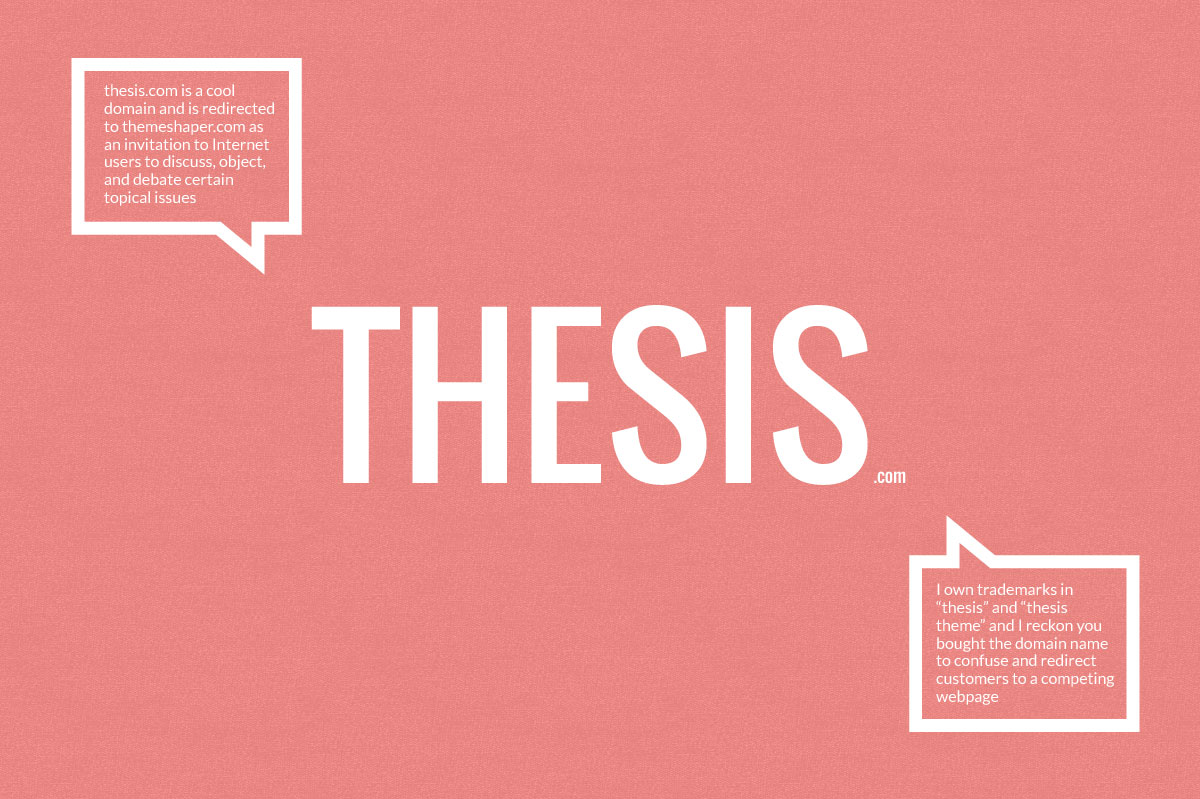Content scraper plugins, contract and copyright
The story I thought I’d introduce this post by telling a story. It’s a story about Jim, an everyday guy who has a website for which he wants more content. Jim already works hard on his site, adding new posts frequently, but he wants more content to drive more traffic to his site and to help monetise his site. He can’t do it all alone. Jim finds a bunch of sites with interesting and relevant content that he thinks would be perfect for his own site. These sites don’t generate web feeds of any flavour so Jim does a trawl of WordPress plugins and finds a commercially available plugin in a well-known plugins marketplace that does exactly what he wants. All he has to do is: install the plugin; create a post or page in his site and click a new icon in the editor which opens a pop-up window that asks for a URL and a CSS selector; get the URL of the page on another site that has the content he wants and …









